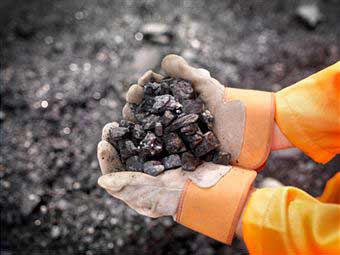With only a finite amount of natural resources, it is important that we recycle our waste wherever possible. In the UK, we recycle around half of our domestic glass bottles and jars, which is an improvement on past levels of recycling, but not as high as it could be. There is also much room for improvement amongst pubs and restaurants, who are estimated to throw away over 200,000 tonnes of glass every year, rather than recycling it.

Why recycle glass bottles?
Not all types of glass can be recycled, for example those used for heat-resistant cooking equipment and decorative glassware are not widely recycled. Fortunately, these types of glass tend to be reused, so whilst they may not get recycled into something new, they are manufactured once and used time and time again before being discarded. Glass bottles and jars tend to only be used once before being thrown away, which makes recycling much more important.
Glass is one of the easiest materials to recycle, and there are therefore plenty of opportunities for recycling it. Many local councils will take away glass along with other recyclable materials, whilst in other areas, glass bottles can be deposited into bottle banks at convenient locations such as supermarkets.
The glass recycling process involves glass from bottles and jars being crushed into cullet, and remelted so that it can be used again to make new glass bottles or jars. This is advantageous to the environment in two ways; no new raw materials are required to make bottles out of recycled glass, and less energy is required to recycle glass than to produce new glass.
The benefits of recycled glass
Glass is 100% recyclable, meaning that when you recycle a glass bottle, there is no wastage, and the whole thing can be reused. Glass bottles have a low rate of chemical interaction with their contents, meaning that when recycled, they do not suffer from a loss of quality or any sort of contamination. This means that glass can be safely recycled time and time again.
Raw materials
The main ingredients of glass are sand, soda ash and limestone. Other additives can be used to give the glass colour or for special properties. For every tonne of glass that is recycled, 1.2 tonnes of the raw materials used for making new glass are saved. Whilst none of these are natural resources we are running short of, they are a finite resource, making recycling important so that they are there for future generations to enjoy and make use of.
The process of extracting raw materials from the Earth also has environmental impacts. The most obvious is perhaps the visible impact on the landscape that quarrying can have, with quarries having a huge impact on what might have previously been a beautiful landscape that could be enjoyed by people, as well as the flora and fauna that called the area home.
The manufacturing process
At the start of the recycling process, glass is crushed into cullet. Cullet melts at a much lower temperature than the raw materials do, meaning that melting recycled glass requires 40 per cent less energy than making new glass. To put this into perspective, for every two glass bottles recycled, enough energy is saved to boil enough water for five cups of tea.






